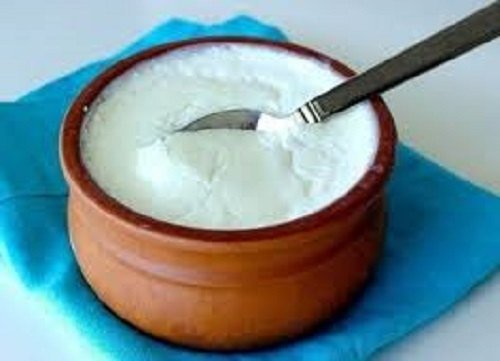1. Introduction
Curd, a versatile dairy product, has been a staple in diets across cultures for centuries. Beyond its delicious taste, curd boasts a plethora of health benefits that make it a valuable addition to your daily menu.
2. Nutritional Value
Curd is a nutritional powerhouse, containing essential nutrients like calcium, vitamin D, and B-complex vitamins. Unlike other dairy products, curd retains more of its natural goodness through minimal processing.
3. Probiotics and Gut Health
One of the standout features of curd is its contribution to gut health. Packed with probiotics, curd promotes a healthy balance of gut bacteria, improving digestion and bolstering the immune system.
4. Rich Source of Protein
For those seeking a protein boost, curd is an excellent choice. With a protein content comparable to milk, curd provides a valuable protein source for both vegetarians and non-vegetarians.
5. Bone Health and Calcium
Calcium is crucial for maintaining strong and healthy bones, and curd offers a rich source of this essential mineral. Regular consumption can contribute to improved bone density.
6. Weight Management
Curd can be a valuable ally in weight management. Its high protein content promotes a feeling of fullness, reducing overall calorie intake and supporting weight loss efforts.
7. Skin and Hair Benefits
Beyond consumption, curd has external applications for skin and hair health. Face masks and hair treatments using curd can enhance your natural beauty regimen.
8. Lactose Intolerance
For individuals with lactose intolerance, curd may be a more digestible option compared to other dairy products. The fermentation process reduces lactose levels, making it gentler on the stomach.
9. Versatility in Culinary Use
Curd isn’t just a standalone snack; it can be incorporated into various dishes. From savory curries to sweet desserts, the versatility of curd makes it a kitchen essential.
10. Curd vs. Yogurt
While the terms are often used interchangeably, there are differences between curd and yogurt. Understanding these distinctions allows individuals to choose the option that aligns with their preferences.
11. Cautions and Moderation
As with any food, moderation is key. Excessive consumption of curd may lead to potential side effects, and individuals with allergies should exercise caution.
12. Curd in Different Cultures
Curd holds cultural significance globally. From Indian raita to Greek tzatziki, exploring its uses in various cuisines adds a cultural flair to your culinary adventures.
13. The Sustainability Factor
Choosing curd over heavily processed dairy options aligns with sustainability goals. The production of curd typically involves fewer resources and has a lower environmental impact.
14. Myths and Facts
Dispelling myths surrounding curd allows individuals to make informed choices. Evidence-based facts emphasize the genuine benefits of incorporating curd into your diet.
15. Conclusion
In conclusion, the benefits of curd extend far beyond its delectable taste. From promoting gut health to aiding weight management, curd deserves a place on your plate for its nutrient-rich profile and versatile applications.
Frequently Asked Questions
- Is curd better than milk for calcium intake? Consuming curd provides a rich source of calcium, similar to milk. However, individual dietary preferences and nutritional needs should be considered.
- Can lactose-intolerant individuals consume curd? The fermentation process in curd reduces lactose levels, making it a potentially suitable option for those with lactose intolerance. However, individual tolerance varies.
- How can curd be used in skincare routines? Curd can be applied as a face mask or hair treatment to promote skin and hair health. Its natural properties can provide hydration and nourishment.
- Are there any side effects of consuming too much curd? While curd offers numerous benefits, excessive consumption may lead to digestive issues in some individuals. Moderation is advised.
- What is the difference between curd and yogurt? While the terms are often used interchangeably, curd is typically set at home, whereas yogurt undergoes a specific fermentation process. The taste and texture may also vary.





